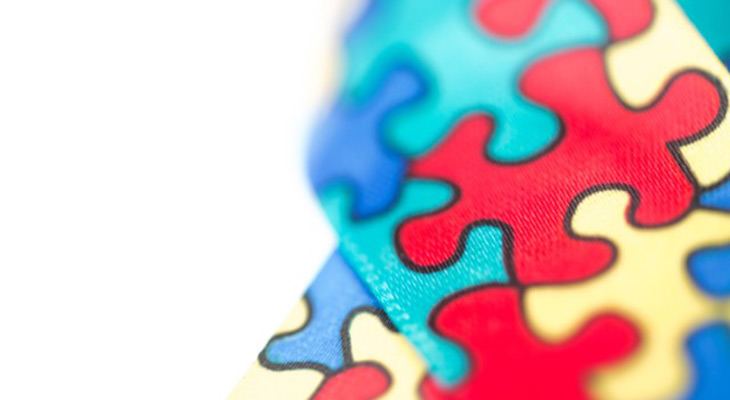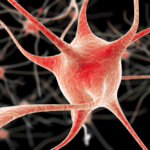A new report in the Lancet Psychiatry details how psychologists have been incorrectly using autism screening tools for many years, potentially preventing many from a proper diagnosis.
Known as the AQ-10, a ten-point scale used across the world, the score is based on the exhibition of autistic traits among potential patients.
The screening is done in line with the National Institute for Health and Care Excellence (NICE) guidelines.
“The NICE Guideline Development Group examined the suitability of the AQ10 for autism screening, on the basis of research indicating that a cutoff score of 6 or higher should inform referrals for specialist diagnostic assessment,” according to researchers at the University of Bath.
The correct cutoff should be at a score of 6, rather than 7, researchers stated in their findings. Although the intended cutoff is higher but just one point, the consequences may have been substantial.
“Where required, researchers should reanalyse previously published data and future studies should use the correct AQ10 cutoff. It might, thereby, be possible to establish the extent to which the (mis)use of different cutoff values has been consequential, which could prompt corrigenda to published research,” researchers wrote in their journal report.
“In sum, we call for the urgent review of and move towards the correct use of the AQ10 in clinical practice and research.”


